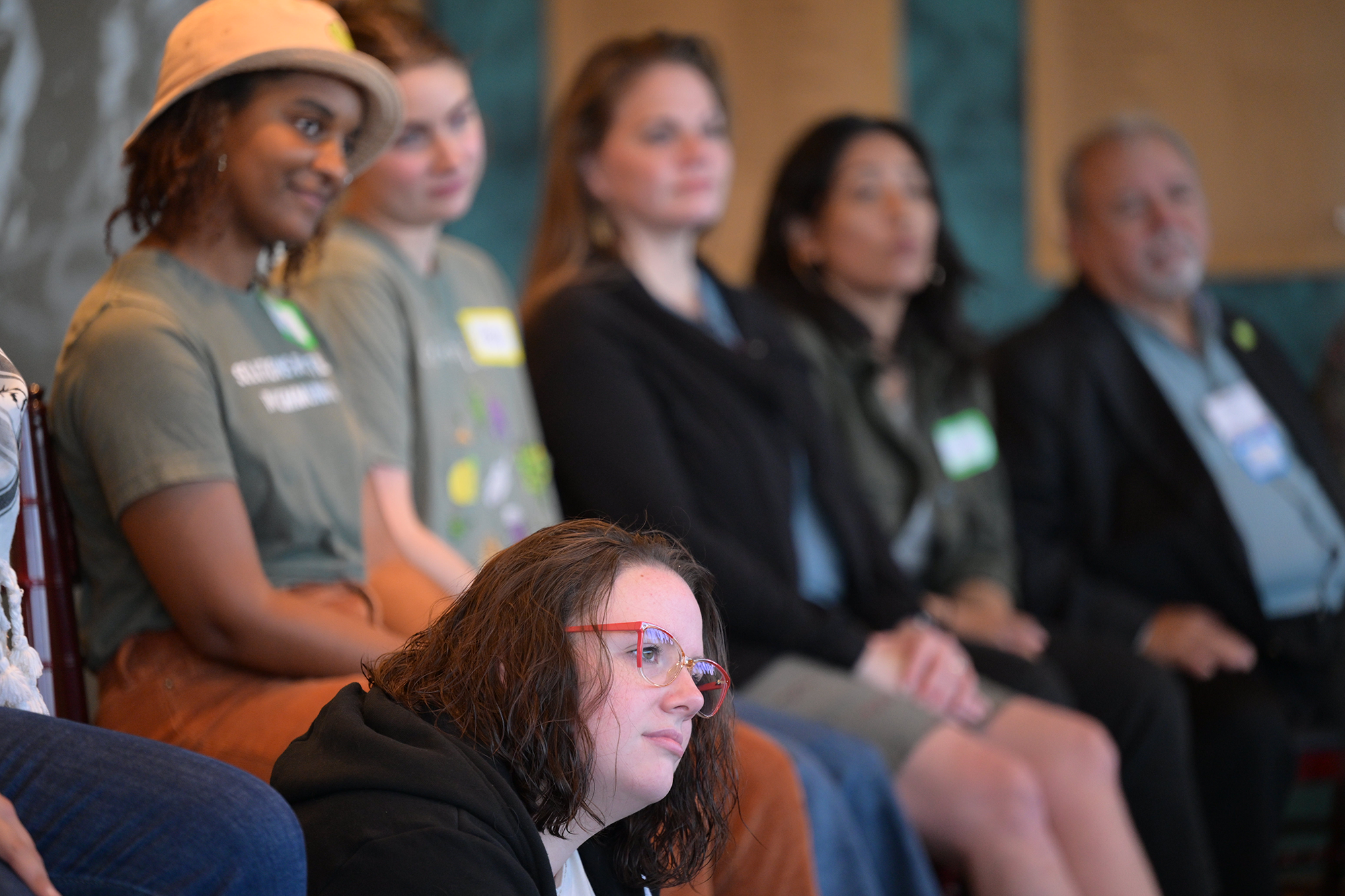Ahead of this week’s 2016 National Purchasing Cooperatives Conference in Miami, Florida, NCBA CLUSA had a chance to catch up with Doug Gastich, CEO of BlueVolt. An online training company that helps cooperatives and buying groups develop learning solutions for members and their employees, BlueVolt has worked with NCBA CLUSA for going on 10 years.
With Gastich currently participating in the conference, we wanted to use this opportunity to highlight BlueVolt’s work and why the organization supports purchasing cooperatives. During our conversation, we asked Gastich how BlueVolt designs its curriculum, he revealed a few best practices around e-Learning and later explained why he thinks co-ops “do capitalism right.” Excerpts edited for length.
How did BlueVolt begin working in the purchasing cooperatives space?
Doug Gastich: BlueVolt grew up in the wholesale distribution world, offering solutions to larger distributors that needed to differentiate themselves from the national chains and they were choosing to do so on the level of information that they provided their employees. The questions revolved around how well could their counter person provide support, how well did their truck drivers know the products they were pulling down the road. We got our start serving that world.
As those conversations evolved, however, we moved deeper into the distribution channel and found a strong niche in our ability to extend the learning beyond just one organization into the whole spectrum. It eventually became a logical extension to work with purchasing co-ops because our infrastructure matched up really well with theirs. One of our core beliefs is that knowledge powers growth and that people sell what they know and trust. So to light up a network with that information and approach is powerful. Working with purchasing co-ops has really shown us proof of concept in that regard.
What has your experience been as BlueVolt’s new chief executive?
Gastich: I’ve been at BlueVolt for two years and it’s been an incredible experience, actually. BlueVolt is almost exclusively focused on the skilled trades and channel-driven industries, which is wildly different than my previous position, where I spent most of my time in online learning for children and the K-12 space. When you work with kids, there’s a spark when they learn something new, and I thought I might be giving up some of that satisfaction coming back to the adult learning space, but I was really happy to see that the same light comes on in adults when you can get someone to understand something that they previously did not, and teach them something that they can apply.
During your time at BlueVolt, have you noticed any common challenges that you’ve observed consistently across different co-ops? Any ideas on how to combat those challenges?
Gastich: In most situations where we’re not involved, what happens is that there’s usually one person who’s been in place for 30 years and gives up “secrets” or takes new people under their wing. You still get that to some degree, but e-learning allows folks a mechanism to work through that with some measure of authenticity, measurement and rigor that is trackable and which leadership can then use to measure impact. BlueVolt’s job is to partner with co-ops to create a whole ecosystem or singular learning programs that reach their entire membership. If that seems like a big job and represents a lot of work, it is, but the secret sauce is not to overcomplicate it. You grow into that level of widespread effectiveness and scale.
Our approach is to start with the co-op and just get rolling, grabbing a few early wins. For example, we might want to engage a premier supplier or even recognize a particular industry trend that we can hook onto and build out the learning from there. That can instantly provide real early value. I think the tendency in human nature may be to plan big picture and try to do everything at once and boil the ocean, but we know from experience that if you start simple, know your goals going in and find a good partner, things end up going a lot more smoothly.
It’s also not a secret that most high-performing companies have great customer service, and the reason our Customer Success Team earns those marks is that they’re not just helping press buttons, but they’re showing clients how to use it to get what they want or what is good for the group from their experience.
Tell us about the Voice of the e-Learner Survey that you recently conducted.
Gastich: We called it that because it was a survey of the actual boots on the ground learners—not the co-op, not its members, but the member’s employees. One thing we learned that was affirming was that, when asked if they felt more effective at their job and were better equipped to sell or use a product after using the courseware, about 90 percent said yes. And that’s from over 1,200 respondents!
What surprised us, though, was their preferred method of learning. Seventy percent of respondents chose interactive coursework as their preferred method of learning and instruction. I really think that bodes well for the engagement in our industry, because it tells me folks really want to learn. These courses are not easy. You have to spend time with them to get through them successfully, there’s skill checks and knowledge checks and quizzes, all that. So that statistic was encouraging to see.
Can you explain how BlueVolt develops curriculum for its clients?
Gastich: It’s a really interesting process. For example, for an individual course, you’ll take someone who really understands the ins and outs of piping, let’s say. The intent could be for a wholesaler who wants to get a better understanding of inventory they carry out to their workforce, or it could be from an individual supplier who wants to show why their pipe is better than anyone else’s. First, we visit and interview that subject matter expert. Then our team of professionals—the instructional designers—take that information and help design the process to get the learner to understand the main information our client wants them to retain. We also have the ability to step back and look at the curriculum at the industry level, the co-op level. In Industrial Supply for example, a co-op might want to provide an employee with the overall understanding of the different types of fasteners out there, specialties and air tools and give them a holistic context of what’s out there. Whether it’s individual courses or the whole ecosystem, we want to design the most effective experience we can.
During your time as CEO, can you think of one particular success story from a client that stands out?
Gastich: You know, we’re blessed with a number of fabulous wins, so in fairness to all the co-ops we work with, I have to answer this in spectrum. The one coming to mind as probably the most recent is Sphere 1. We were working with them on getting their members to understand the value of the training, and I tell you what, Rob and Carol are doing some amazing things over there. Not just the learning programs they’re putting together, but how they’re positioning those programs around the cooperative. Strategic things, like pairing goals and achievement levels with how much a learner or member has done in the university experience. It’s really pretty innovative and motivational.
As a supporter of co-ops, what do you think is the most unique feature about the cooperative business model?
Gastich: I’ve seen a lot of niches and sectors driven by profit, and others that are driven by relationships, or worse, politics. The cooperative world somehow manages to combine the best facets of both of those worlds—profit and relationships. They take commitment very seriously and respect transparency. I’ve found that the relationships I’ve built in this world are genuine—they are real, and they last. The people I’ve met just get it; they’re motivated and actually drive you to be better. It really strikes me as capitalism done right. Sometimes education can feel secondary, but co-ops are using it as a megaphone to amplify the overall value of the co-op. On our best day, we’re part of that story.


